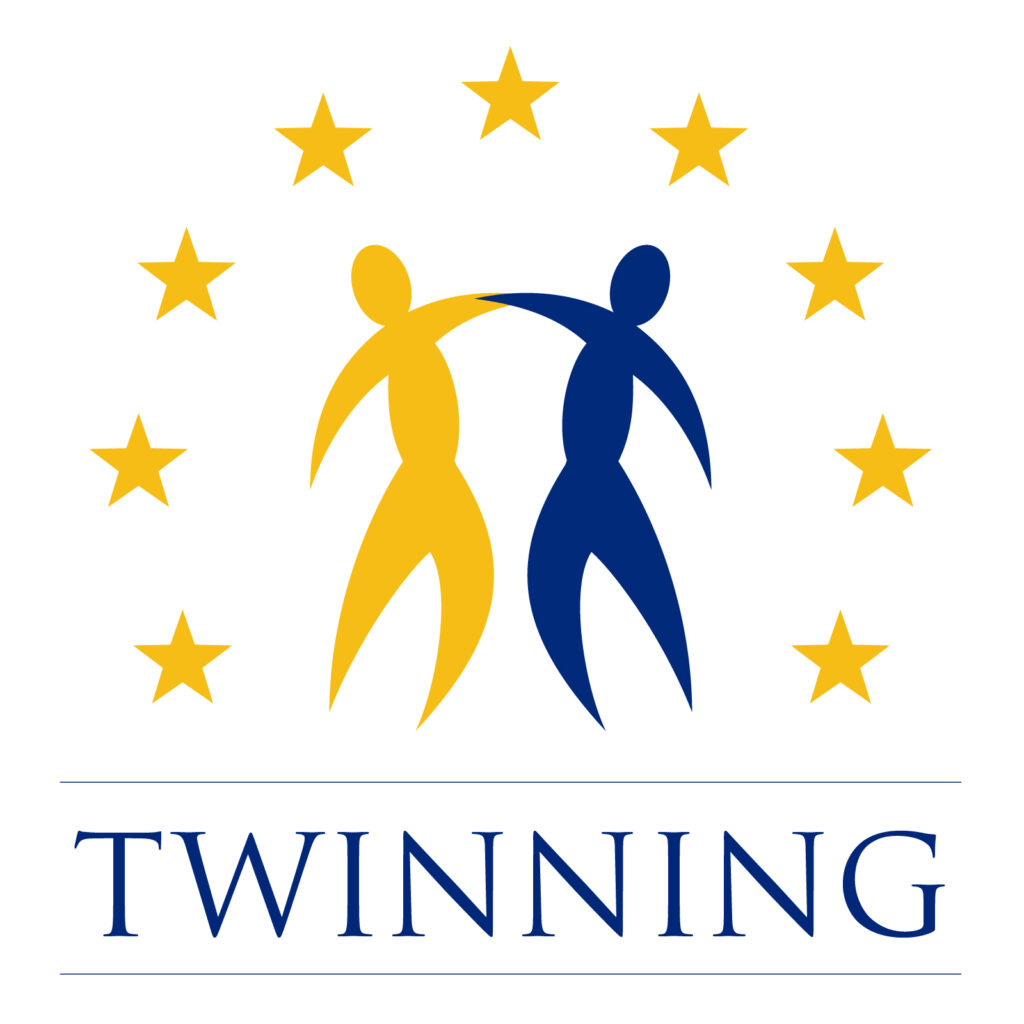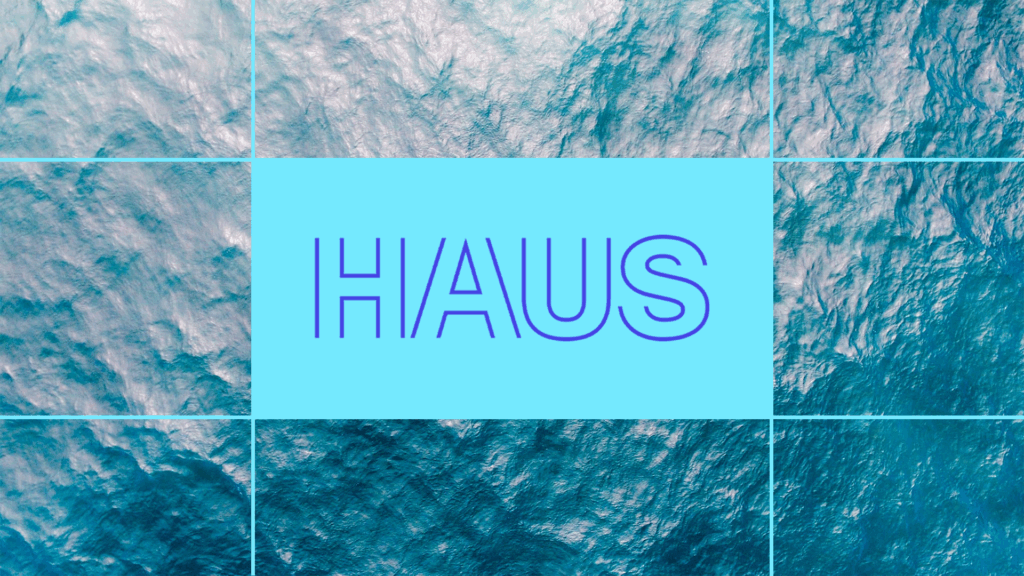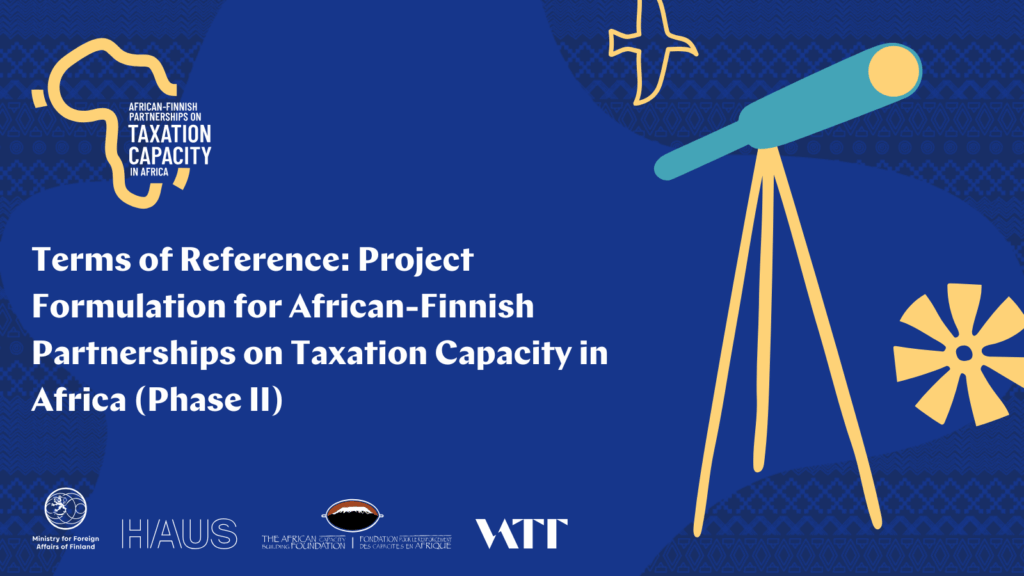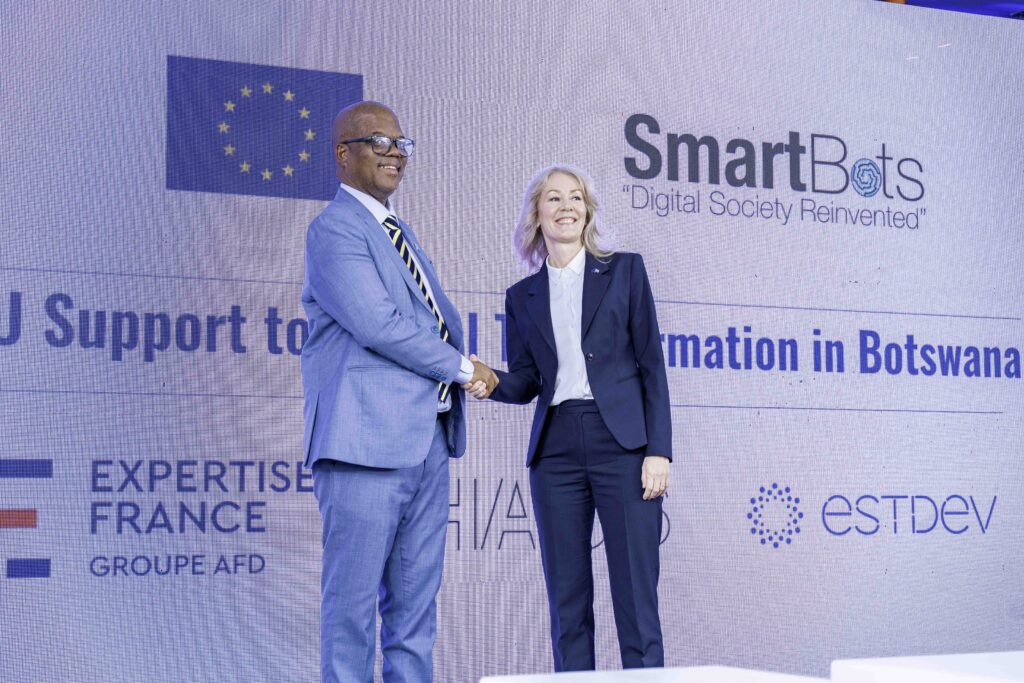Learning and new insights from exporting good governance
Learning occurs in various ways, even when working for different government branches. An exciting and multi-faceted alternative to learning and developing your own competence is taking part in international cooperation. EU has created a unique instrument, EU Twinning, for capacity and institution building targeted at public administrations. The goal of Twinning is to spread civil servant skills and good governance worldwide.
Twinning – an instrument proven successful in spreading goodgovernance
Originally, Twinning was developed to serve the needs of EU enlargement, but the instrument has since then been brought into use also in EU’s neighbourhood policy countries in the Eastern and Southern neighbourhoods. In 2021, Twinning took an even further step when the European Commission launched a pilot to introduce global Twinning and projects are now being implemented all around the globe. It could be said that the concept has been a success! HAUS has been a pioneer in global Twinning having already started projects in Zambia and Kyrgyzstan. A big thank you for that goes out to Finnish civil servants who have been eager to jump on board to the projects to export their own sector’s governmental skills and best practices, while simultaneously acquiring new skills and insights themselves.
Two-way street of learning

Spreading expertise and promoting good governance in international settings is a two-way street – you give some but you also get some. Operational environments in especially developing countries are often challenging, which gives new perspectives to your own work and helps understand the needs of people and administrations with very different premises. First-hand experiences in government cultures differing from ours create an understanding on how to build trust in practice and what trust actually means for us and our government.
You can also gain valuable experience in international negotiations when planning and deciding on the most important development needs of the project and how to proceed with achieving them – results are often wanted faster than they are realistically possible to attain. Along the way, there will also be unexpected events, which will require fast reactions, flexibility and problem-solving skills. Experts partaking in international cooperation will often have a change to develop their ability to make circumspect decisions. There are also excellent opportunities to enhance your skills and competences with an international twist, for example in training, reporting and communication. What is often as rewarding and fruitful as teaching and learning from beneficiary partners is cooperation with other EU member state experts. This enables peer-to-peer learning not only from colleagues from the same government branch outside EU but within EU as well.
Taking part in international capacity and institution building projects, such as Twinning, provides our public administration experts with valuable experiences and references to apply for international posts within EU institutions or other international organisations. Expertise in international projects can also increase motivation to one’s own work and offer a nice change for day-to-day tasks.
Role of HAUS in international cooperation
HAUS is a service provider for the Finnish state government, and international cooperation is one of our strategic focuses. We have the pleasure of enabling the export of Finnish good governance by managing international projects, such as Twinning, while providing support in international competence development of our central government personnel. There is a huge demand for good governance expertise from Finland and we feel honoured to be part of cooperation in the field.
Writer of the blog
Lotta is a Specialist working with our international cooperation and projects
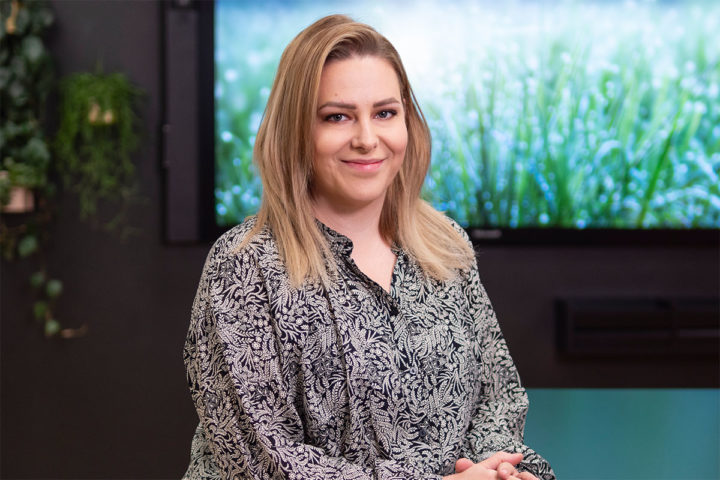
Lotta Fors
Team Leader, Senior Specialist
+358 40 358 0043
